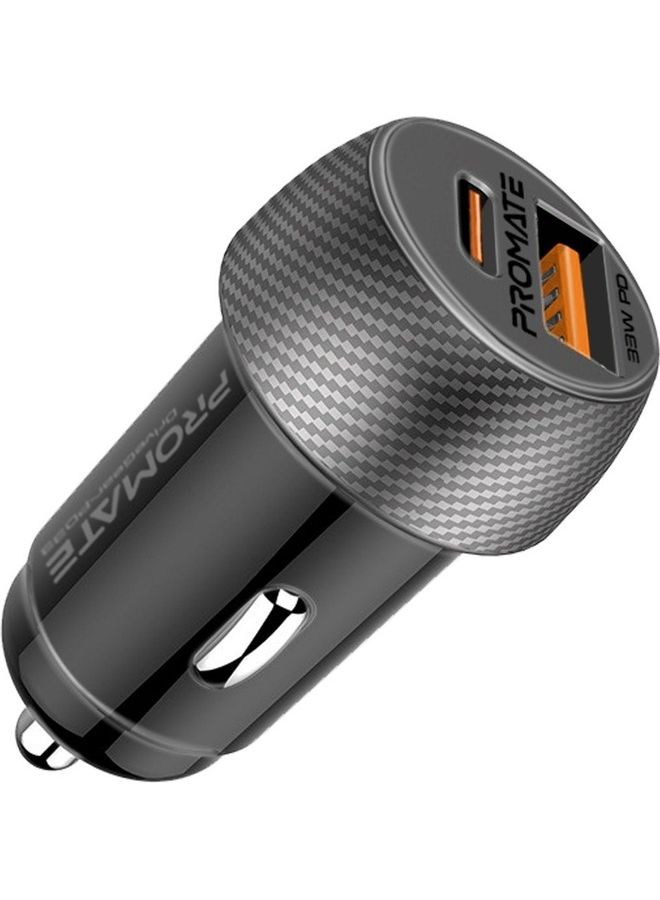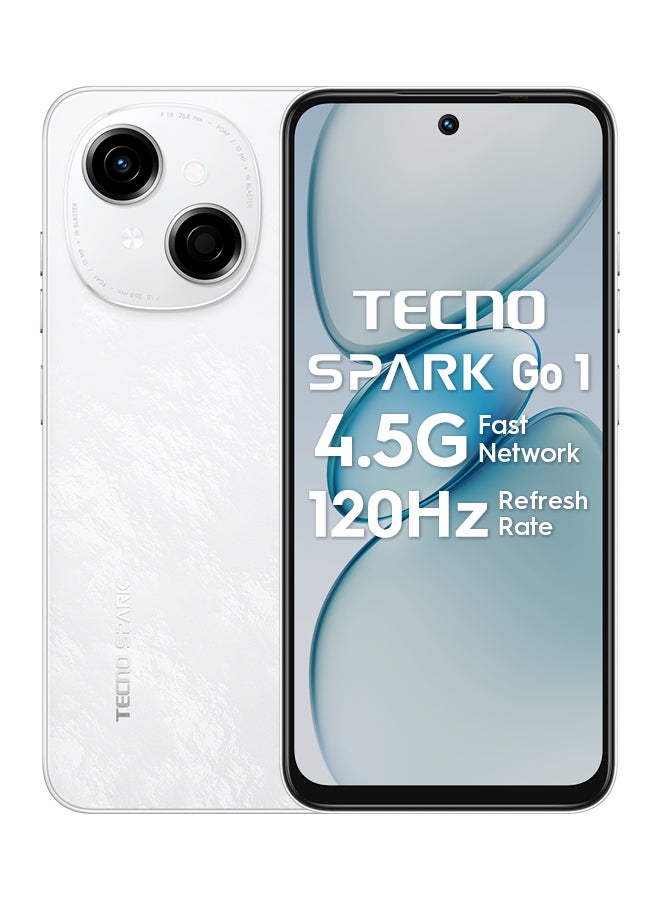2 USB Fast Car Charger Drop Resistance Anti Interference Temperature Resistance 12V 24V Input Voltage
Was:
SAR 116.00
Now:
SAR 89.00 Inclusive of VAT
Saving:
SAR 27.00 23% Off
 Free Delivery
Free Delivery
Get it by 16 - 19 Feb




1
Free delivery on Lockers & Pickup Points
Learn more
Enjoy hassle free returns with this offer.

Item as Described
80%
Partner Since
2+ YearsHighlights
- USB Fast Charging: Ensure that the car charger supports fast charging standards such as Qualcomm Quick Charge or USB Power Delivery (PD). This enables faster charging for compatible devices.
- Drop Resistance: Design the car charger with durable materials and a robust structure to withstand drops and impact. Consider using materials like rubber or silicone for added shock absorption.
- Anti-Interference: Implement shielding and filtering mechanisms to reduce electromagnetic interference (EMI) and radio frequency interference (RFI). This ensures that the charger won't interfere with the car's electronic systems or other devices.
- Temperature Resistance: Choose materials and components that can handle a wide range of temperatures. This is particularly important in a car environment where temperatures can vary significantly. Heat-resistant materials and thermal protection mecha
- Input Voltage: Support both 12V and 24V input voltage to make the car charger compatible with a wide range of vehicles, as different cars may have different electrical systems.
2 USB Fast Car Charger Drop Resistance Anti Interference Temperature Resistance 12V 24V Input Voltage
Added to cart
Cart Total SAR 89.00































































































































